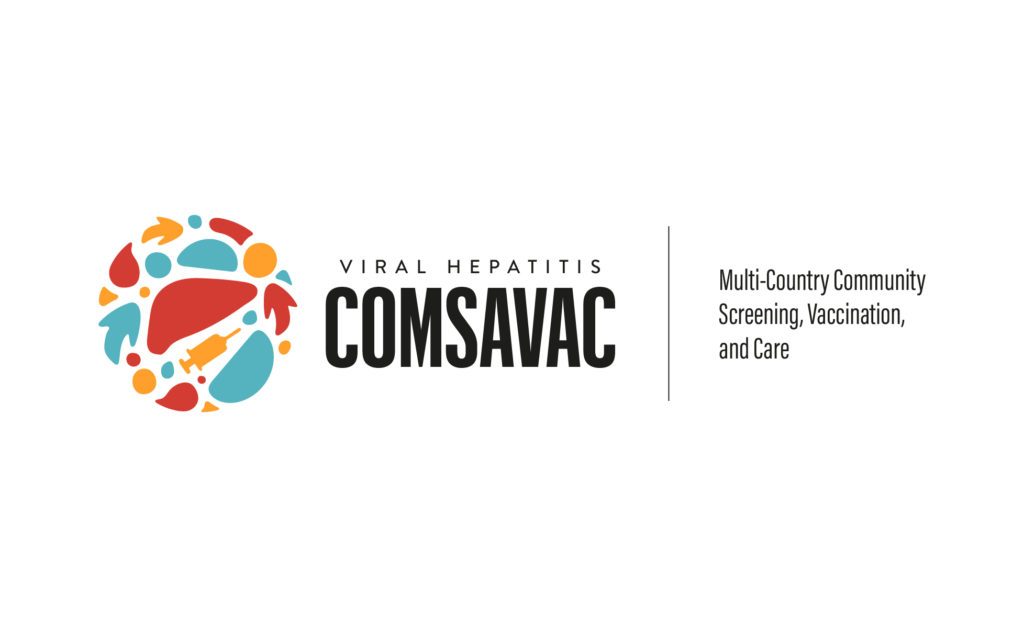The total number of forcibly displaced people has increased to 120 million, according to data from May 2024(1). As this figure continues growing, we must work to ensure that the rights of migrants and refugees will be respected, protected and fulfilled.
Every year, on June 20th, we honor the strength, courage and perseverance of millions of people who have been forced to leave their homes. World Refugee Day focuses on the need to foster solutions and opportunities for refugees to keep their hope alive. These solutions include enabling refugees to continue their lives both safely and in a dignified manner. This cannot be done without access to healthcare services like prevention, diagnosis, treatment, and management of health status. Human rights, such as the right to health, are universal rights of all human beings regardless of race, color, sex, language, religion, political or other opinion, national or social origin, property, birth or other status (2).
Viral hepatitis remains a significant global health concern. Every day, there are 3500 people dying globally due to hepatitis B and C infections (3). Refugees and migrants face a higher risk of hepatitis B & C; however, they often face unique barriers when it comes to vaccination, testing and treatment. Legal and administrative issues, communication difficulties and cultural misunderstandings can impede effective healthcare services. Economic barriers, fear of stigma and discrimination can also deter refugees and migrants from seeking testing and treatment.
The VH-COMSAVAC program, co-funded by the European Commission and led by the Barcelona Institute for Global Health (ISGlobal), and which Prometheus is a core partner in, is specifically designed to address these challenges. The main goal of the project is to scale up testing and vaccination among migrant and refugee populations with high viral hepatitis incidence in Greece, Italy and Spain. This initiative aligns with the agenda set forth by the EU and World Health Organization (WHO) to reduce cancers related to hepatitis B and C (4).
Increasing people’s awareness of their hepatitis B and C status, linkage to care and the number of vaccinations against hepatitis B will reduce liver cancer-associated mortality. It will, furthermore, play a vital role in better understanding the potential savings that result from early detection of viral hepatitis in community settings. This will also lead to improved community-based models of diagnosis and care, and consequently, less people suffering from liver damage and cancer.
Recognizing the urgent need for equitable healthcare allows us to dismantle barriers and create a society that respects everyone’s right to health.
This World Refugee Day, let’s take meaningful action to make universal health access a reality!







